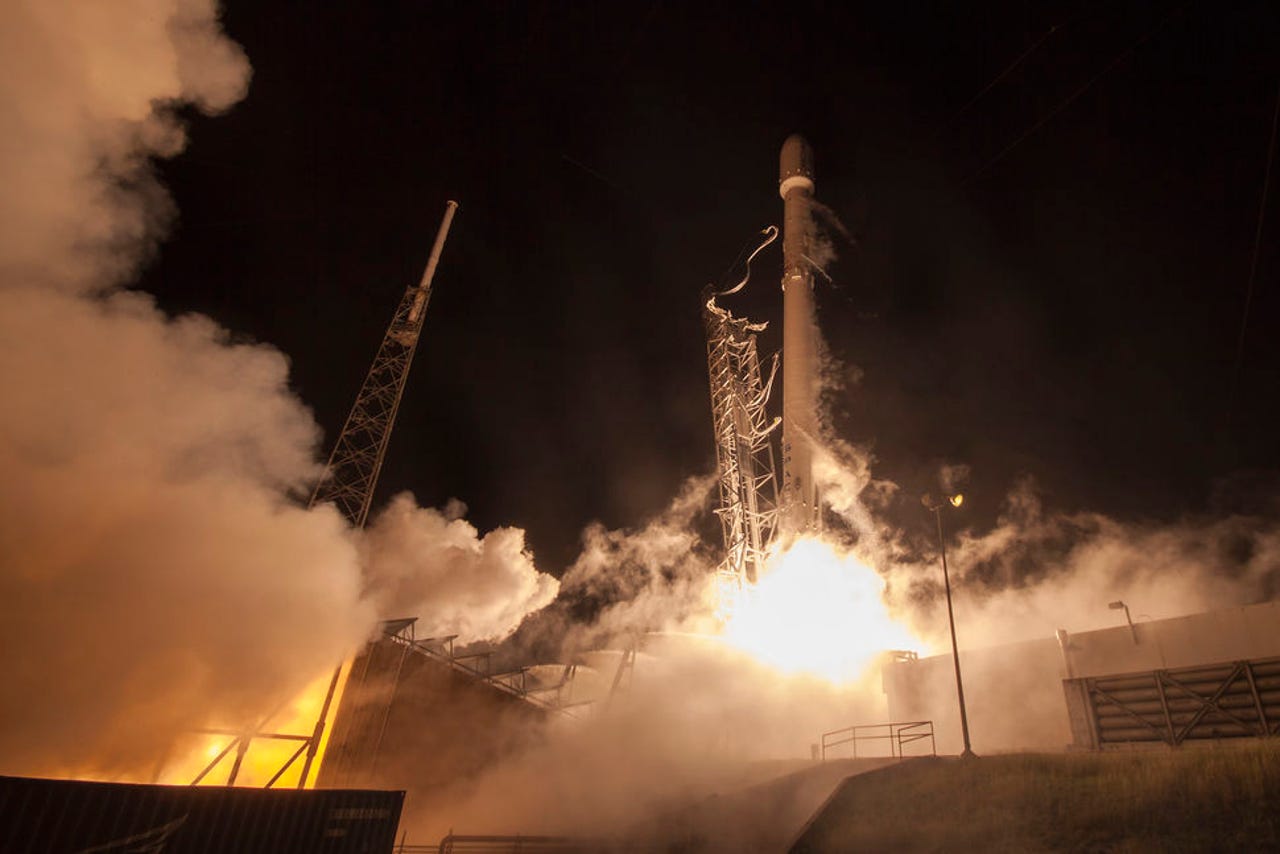SpaceX may know why Falcon 9 rocket exploded


SpaceX has revealed a promising lead into why the firm's Falcon 9 rocket exploded in September.
Last week, the company posted an update to the investigation which suggested that the accident, which resulted in the loss of the rocket and its payload, may have been caused by problems in the rocket's cryogenic helium system.
The Falcon 9 rocket, launched on September 1 at the Cape Canaveral Air Force Station, came into difficulties as it was being fueled before testing. The explosion, unfortunately, took out the AMOS-6 satellite with it, used by companies including Facebook for Internet services.
The operator of the satellite, Spacecom, says the company could claim up to $50 million or a free flight from SpaceX in restitution.
While SpaceX, the FAA, NASA, the US Air Force and industry experts are still examining every video, audio recording and image taken at the launch in the hunt for clues alongside 3,000 channels of engineering data, the evidence the group can glean from such footage is limited.
According to the Hawthorne, CA-based company, the timeline of events -- from first signs of a problem to the explosion -- is only about 93 milliseconds or less than 1/10th of a second.
The notice reads:
"[The] preliminary review of the data and debris suggests that a large breach in the cryogenic helium system of the second stage liquid oxygen tank took place.
All plausible causes are being tracked in an extensive fault tree and carefully investigated."
The private space company is also quick to clarify that the problems affecting the Falcon 9 were not related to the CRS-7 failed rocket launch which occurred in 2015. Following a normal liftoff, the rocket failed several minutes into flight due to a flawed strut which supported hardware close to the liquid oxygen tank.
The cause of the latest failure and breach remains unknown and the investigation is ongoing. However, the SpaceX team hopes to return to flight status as early as November.
Earlier this month, China admitted that the country has most likely lost control of its space station, Tiangong-1. Chinese officials believe most of the station will burn up in the Earth's atmosphere, but debris is still expected to come back to our planet next year.